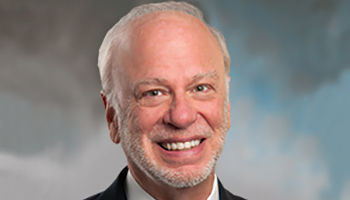The ins and outs of adding a credit card surcharge: Travel Weekly
Q: Our agency operates its own tours, for which we are the credit card merchant. We would prefer that most clients pay us by check, but some clients want to pay by credit card, which costs us about 4%. Can we add a credit card surcharge?
A: The answer is complex, as it depends on the state the client is in, the type of card, the method of disclosure of a surcharge and the amount of your proposed surcharge. However, in general, the answer is yes.
First, in every state and with every card, you can avoid the issue by setting a price and then offering a discount for non-credit card payments. Since the set price would then be higher than it would be with a surcharge, and since you may not want to talk about “discounts” for your tours, I would understand if you did not favor this approach.
Second, credit card surcharges are legal in 40 states. In eight more states — California, Florida, Kansas, Maine, New York, Oklahoma, Texas and Utah — surcharges violate a state statute, but violations are unenforceable because of court decisions. That leaves only Connecticut and Massachusetts as states where you cannot surcharge a credit card sale.
Third, for debit cards, federal law prohibits surcharges, even for debit card transactions processed as credit card transactions (i.e., with no PIN).
Fourth, New York and Maine require you to disclose the exact cash and credit card prices in dollars and cents when you quote a price, and other states require you to state the surcharge percentage at the point of sale and again on the receipt.
Fifth, American Express, Visa, MasterCard and Discover each have their own rules, which are set forth in their merchant agreements. While none of the vendors flatly prohibit surcharges, they do impose a bunch of conditions:
- Visa, MasterCard and Discover require you to notify the network (by completing an online form) and your processor or bank at least 30 days in advance of your intention to impose a surcharge.
- All card vendor rules provide that surcharge amounts are limited to your effective rate for credit card transactions or 4% (2% in Colorado), whichever is lower.
- Visa, MasterCard and Discover also require you to include the surcharge amount as a separate line item on a receipt and in the authorization request. However, American Express lets you lump the surcharge and the trip price into one amount.
Most of the rules appear designed to deter you, and the card companies claim that imposing these surcharges makes most consumers switch to sellers that have no surcharges. While that may be true with the purchase of interchangeable consumer goods, I doubt that it is true for tours, especially if yours are unique.
In any event, if a prospective client does not want to pay a surcharge, you could waive it, or you could offer several other ways to pay, including check, bank transfer, PayPal or various buy now, pay later point-of-sale lenders that clients could use.
Source: Read Full Article




